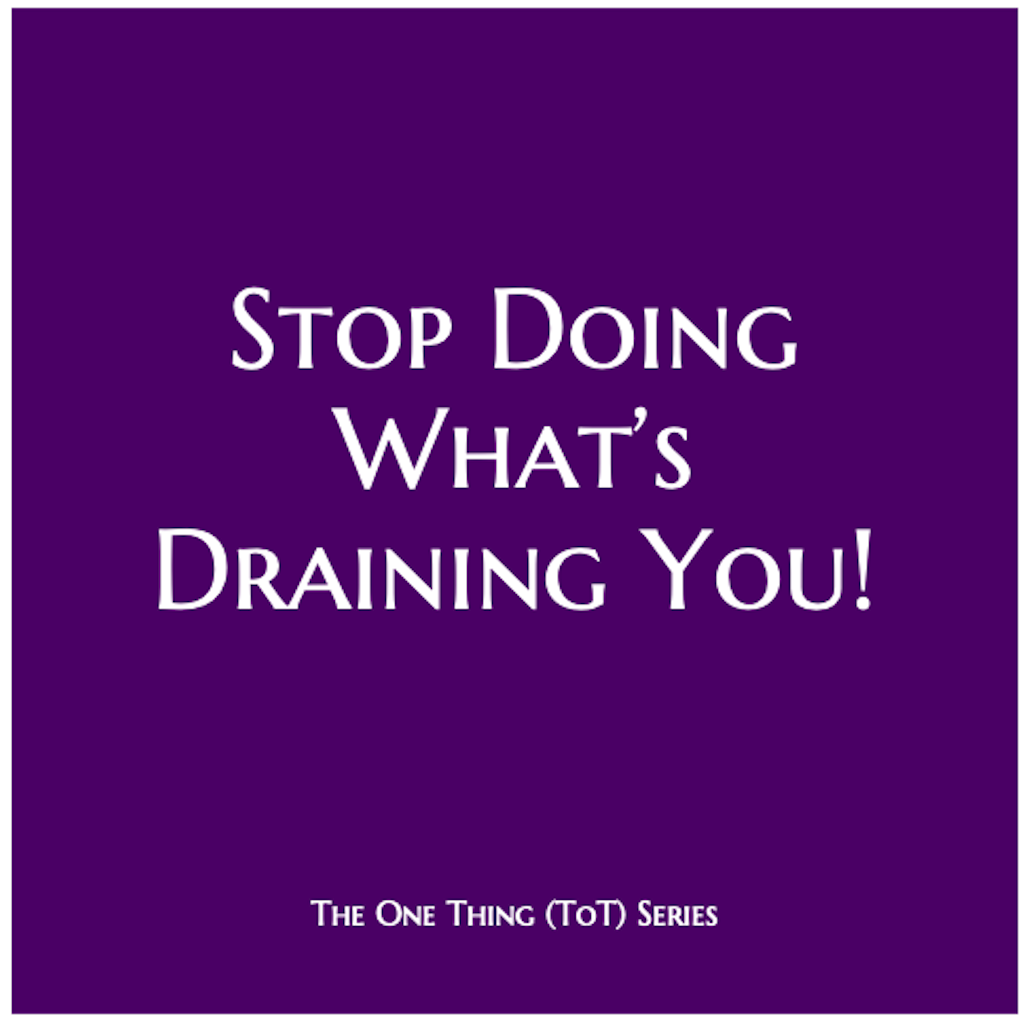React or Respond?
No matter how well we plan our day and how proactive we are, sometimes, we get caught by surprise, whether big or small.
It’s one thing if the surprise is positive. It’s another if it’s negative.
There are individuals who remain calm and composed under any circumstances, incapable of being upset or agitated.
But for the rest of us, we’re more easily ruffled when faced with unanticipated events or developments, especially when we’re stressed out by daily demands. Instead of taking a step back, seeing the big picture, and responding thoughtfully, we’re more likely to react and make rash decisions when under pressure. Consequently, we may worsen the situation, create more snafus, and cause ourselves additional stress.
1) Remember that we don’t always have control over events. But there’s one thing that each of us has complete control over: we can choose to respond instead of react.
2) And we can decide when we choose to respond. Just like we can set an auto-response, mute a call, pause, reflect, and review our options.
3) We can also decide how we choose to respond. We can choose to focus on the upside, make the most of the situation, and find a sensible solution to move forward. Alternatively, we can focus on the downside and feed the situation with more negative energy.
4) No one—not our boss, not the salesperson, not our family and friends—can pressure us for an immediate answer or reply if we remember that we have control over the when and the how.
5) Finally, we can also decide whether the situation or the individual warrants us getting upset, let alone a reaction. No one expressed this better than the Roman emperor Marcus Aurelius: “If you are distressed by anything external, the pain is not due to the thing itself but to your own estimate of it; and this you have the power to revoke at any moment.” So, think about the source of distress: is it worth getting annoyed, upset, or insulted?
With practice, you can become more mindful about responding instead of reacting. Here are some tips for when an unanticipated situation occurs:
- Take deep breaths.
- Buy yourself some time by communicating that you need a couple of hours or a day before your can provide an answer or a solution.
- Physically walk away and process your emotional reaction.
- Calm yourself.
- Step back and look at the big picture.
- Consider all your options.
- What’s the most prudent action can you take?
- Then respond.
What’s more important is deciding that you are going respond by focusing on the upside and starting from there, which can enhance your life more than dwelling on the down side and descending into negativity.
Additionally, over the course of a day or week, track your patterns of responses and reactions. If you notice yourself reacting too often instead of responding, it’s a sign that you need to step back, decompress to lower your stress level, and recalibrate.
•••
© 2010-2024 My-Tien Vo – The-One-Thing (TOT) Insights.


